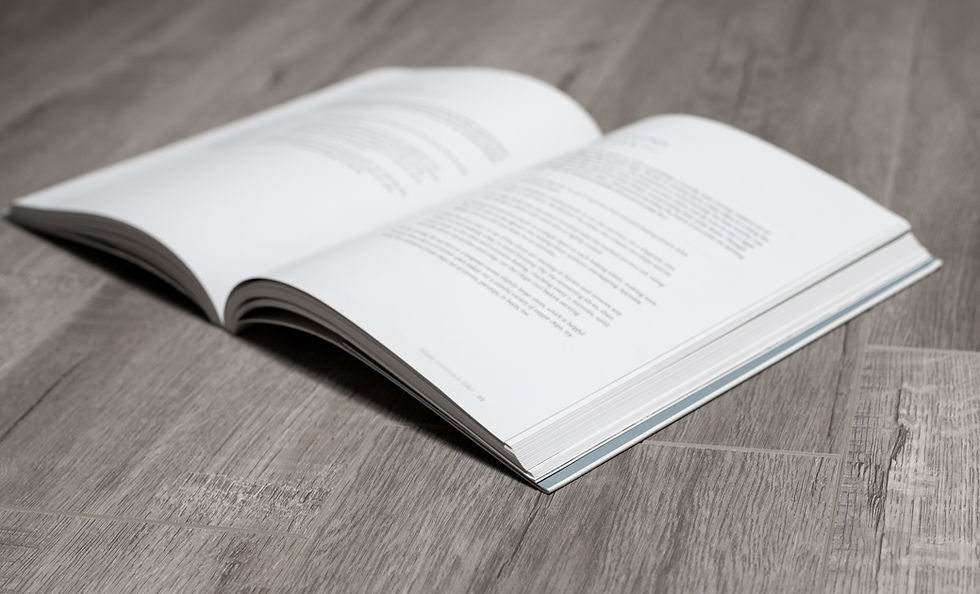Slippery When Wet: Debunking the Myths About Brick Paver Sealer
- Darren Pohl

- May 7, 2023
- 2 min read
If you have a brick paver driveway, patio, or walkway, you know how important it is to maintain its appearance and longevity. One of the ways to do so is by sealing the pavers. However, many homeowners wonder whether brick paver sealer is slippery and if it poses a safety hazard. In this article, we'll provide a comprehensive guide to paver sealing and its effects on slip resistance.
Types of Paver Sealers
Before we dive into the slipperiness of paver sealer, it's important to understand the different types of sealers available in the market. The two main types of sealers are water-based and solvent-based.
Water-based sealers are eco-friendly and safe to use, and they come in two variations: acrylic and polyurethane. Acrylic sealers are a popular choice as they are easy to apply, dry quickly, and provide a glossy finish. Polyurethane sealers, on the other hand, are more durable and offer better resistance to UV rays and abrasion.
Solvent-based sealers, also known as oil-based sealers, contain volatile organic compounds (VOCs), making them harmful to the environment and your health. However, they offer better penetration and protection against stains and scratches.
Effects of Paver Sealing on Slip Resistance
Now, let's address the main concern: does paver sealer make the surface slippery? The answer is not straightforward as it depends on the type of sealer, the application method, and the surface's texture.
Water-based sealers are generally less slippery than solvent-based sealers. Acrylic sealers, in particular, are known to provide good slip resistance due to their textured finish. Polyurethane sealers, while more durable, can be slippery when wet as they have a smoother finish.
On the other hand, solvent-based sealers can make the surface more slippery, especially if applied in thick layers or on a smooth surface. The VOCs in these sealers can also react with the pavers, causing them to become slick and shiny.
Application Method
Another factor that affects slip resistance is the application method of the sealer. Spraying the sealer on the surface can create a thin, even layer that adheres well to the texture of the pavers, resulting in better slip resistance. Rolling or brushing the sealer, however, can create thicker layers that may not bond well with the surface and can cause the pavers to become slippery.
Surface Texture
The texture of the pavers themselves also affects slip resistance. Smooth pavers with a glossy finish are more prone to becoming slippery than rough, textured pavers. Therefore, if you are concerned about slip resistance, it's best to choose pavers with a textured or matte finish.
Conclusion
In conclusion, whether brick paver sealer is slippery or not depends on several factors, including the type of sealer, the application method, and the surface texture. Water-based sealers, especially acrylic ones, are generally less slippery than solvent-based sealers. Spraying the sealer on the surface can also improve slip resistance. Finally, choosing pavers with a textured or matte finish can reduce the risk of slipperiness.
At Clean Master, we use a 2-part water-based sealer that provides excellent slip resistance while protecting your
%20(1).png)

Comments